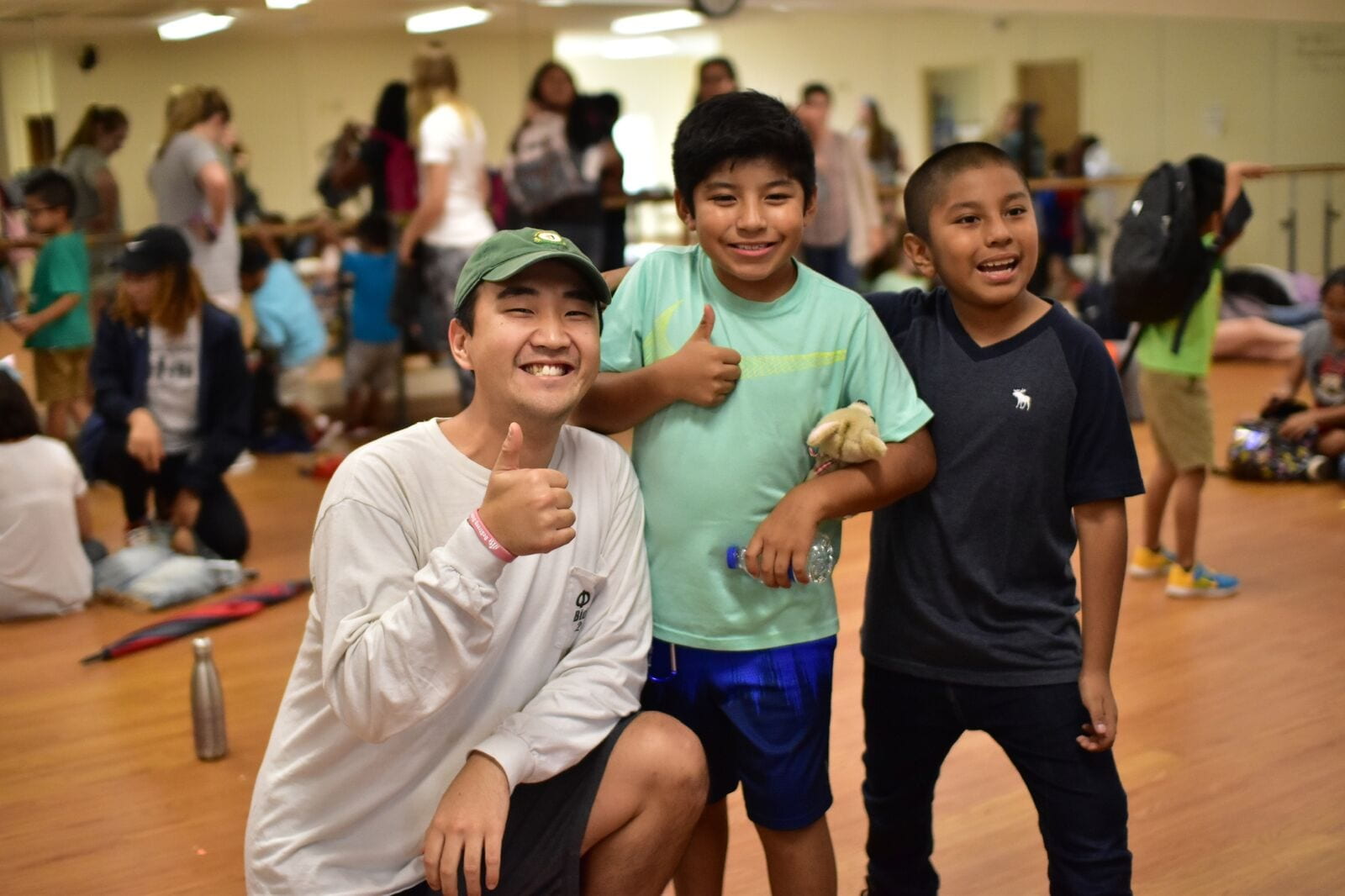BY KIT HAIST – STAFF WRITER
On Tuesdays and Thursdays from 3:30 to 5:30, Centre College opens its campus to 71 students from the wider Boyle County area as part of the After-School Program (ASP).
The program is the result of a collaborative effort between “Centre College, local immigrant programs, and the non-profit agency Centro Latino,” Jovanni Ahmad ’19, Program Director of ASP provided. “The program serves elementary, middle, and high school aged children from Boyle County whose first language is not English.”
Providing a supportive environment to foster academic and social learning in ESL students is central to the ASP program. “The goal is to build all of our students’ confidence in his or her own social and academic ability, while knowing mistakes are natural and will happen,” stated Mary Ford Rhodes ’19, Program Coordinator for ASP.
Through offering one-on-one mentoring, ASP allows each individual student to “work at their own pace,” Ahmad explained. “This way a tutor can work through readings and vocabulary with a student in a capacity that a teacher may not be able to during class time.”
Though ASP emphasizes English language development for young students, the program has also recently implemented changes to better assist middle and high school aged students.
Jackson Norris ’21, social media coordinator and tutor for ASP, explained the past difficulties in creating an environment to help older students. “Many students would understandably feel too old or mature to engage in activities for all kids who come to ASP,” he observed.
Rhodes contributed a similar remark, “The need for a more academically rigorous environment became pertinent, due to our older students beginning to narrow their sights towards testing and what they would do after school, whether it be a job or college.”
Over the summer Ahmad worked with the Student Life Office to amend this issue. Now, older students work in a computer lab in Young Hall and have access to age appropriate reading material as well as opportunities to focus on SAT/ACT testing and college essays.
Just as the learning requirements are different depending upon age, so are the difficulties tutors may encounter. For tutors like Norris who work with younger students, the main issues are language based. “There have been several times when my student has gotten frustrated and broken down as we were doing work. It’s been my job to express my confidence in him…” he conveyed. “Sometimes it can be tough, but my student always makes strides in the end.”
The students Ahmad has tutored in the past were mainly high-school aged. For him, the difficulty was showing the students they were not “too cool for school.” “I was able to overcome this by showing students all the amazing and ‘cool’ professions you could pursue with a college degree which encouraged them to work hard in school to one day achieve those goals,” he explained.
Claire Kennedy ’21, a tutor with ASP, discussed the necessary skills every tutor needs regardless of a student’s age. “There are certainly core virtues that apply to working with every age such as patience and confidence,” Kennedy remarked. “Working with each age is challenging in its own way, so it is necessary to walk into each situation being mindful and aware of the difficulties or misunderstandings the child may be facing internally. Being confident in your own abilities to teach and to help will only lead you to further success in these scenarios.”
Despite any “difficulties or misunderstandings” tutors may encounter, the positives far outweigh the negatives of the program.
For Kennedy, the most rewarding aspect is the bond between tutor and student. “Even working with a child as young as six years old, building that connection as we have grown more comfortable and fond of each other has been delightful,” Kennedy conveyed.
Jackson expressed a similar sentiment. “Seeing my kid grow since joining the program has been a blessing to both witness and be a part of. I can’t wait to see how he grows further over the next few years.”
“This is my fourth year being a part of the program, and it’s amazing to see how the students develop from curious grade schoolers to extraordinary young adults,” Rhodes echoed.
When discussing the most rewarding aspect of ASP, Ahmad focused on the students themselves. “The most rewarding aspect of the program is seeing the joy students have when they see their tutors. Many of our students see coming to the [ASP] as the highlight of their weeks,” he expressed.
While Ahmad conveyed his amazement and happiness at being able to provide this opportunity to so many students, he stayed focused on what more the program can do.
“The After-School Program is always looking for more college students to volunteer as tutors so that we can offer this program to as many students in the Danville/Boyle community as possible.”
Regardless of how the program expands or improves, ASP continues to provide the foundation for a strong future among Boyle County students.

